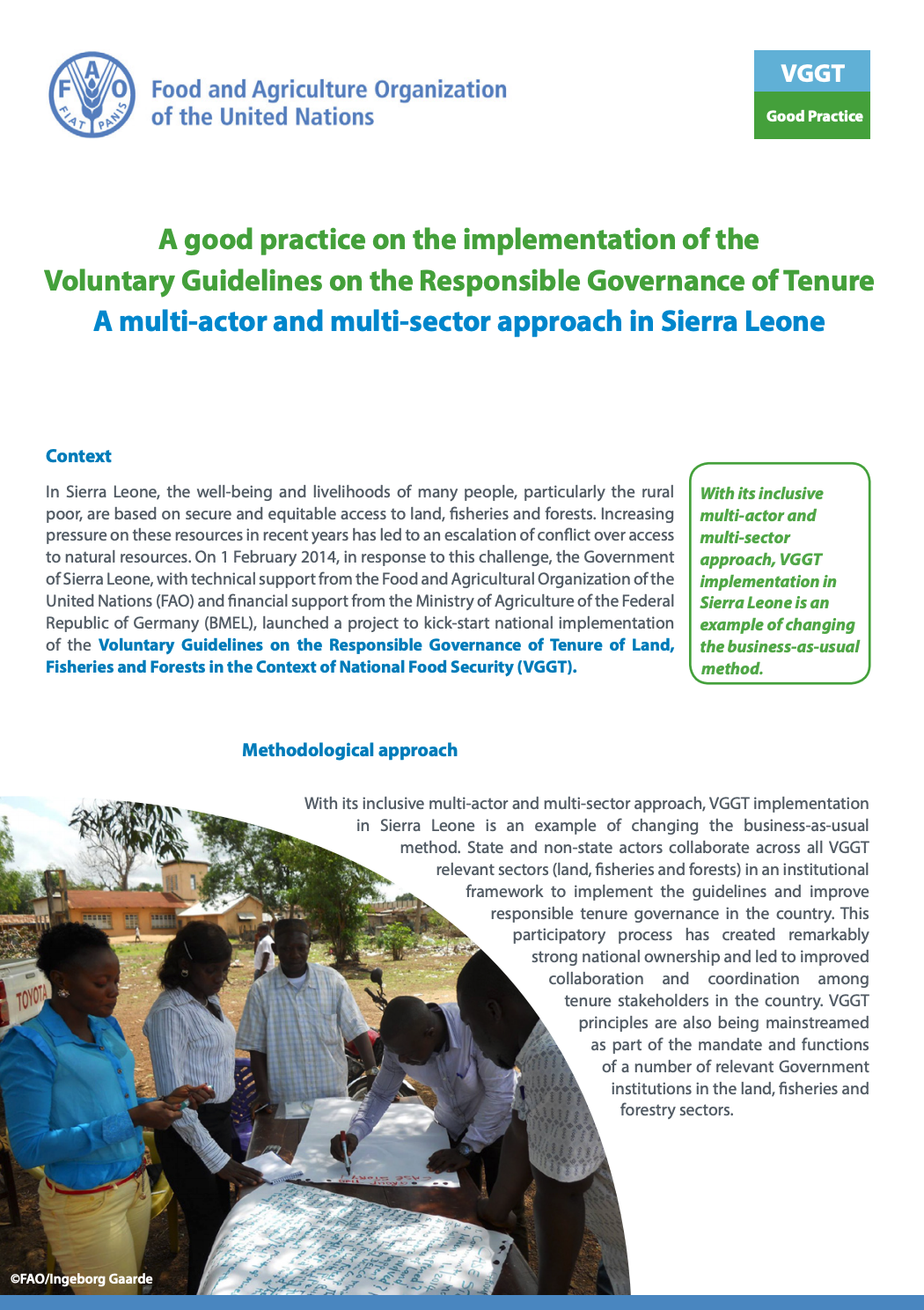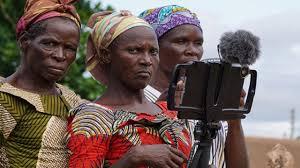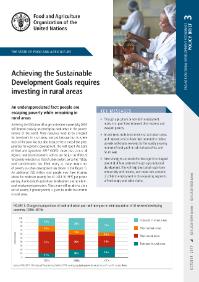BRIDGE Report 52: Environmentally Sustainable Development and Poverty: A Gender Analysis
How would environmentally sustainable development look if it was gender-sensitive? This report argues that much mainstream literature on environmentally sustainable development has ignored the gender dimensions. Where women have been the target of programmes, they have been seen as natural managers of environmental resources. A gender analysis is important because gender relations affect the ways in which poor men and women manage natural resources.











